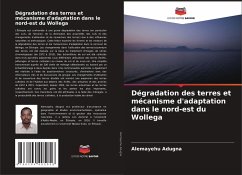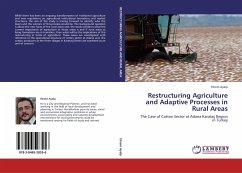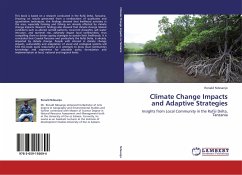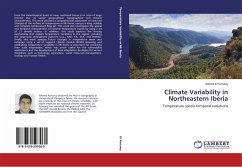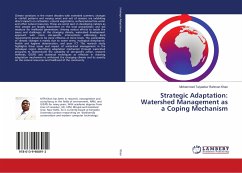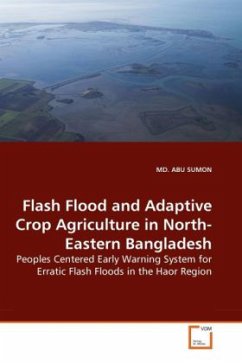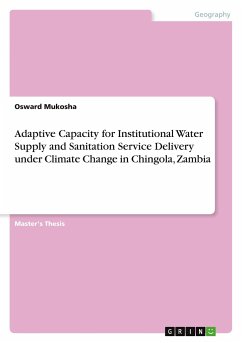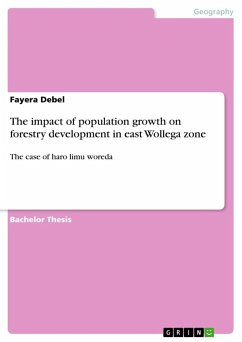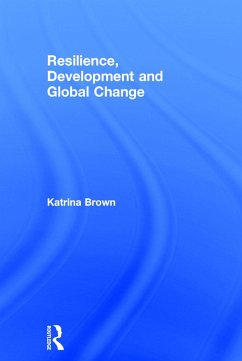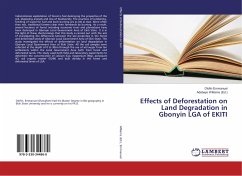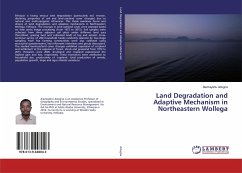
Land Degradation and Adaptive Mechanism in Northeastern Wollega
Versandkostenfrei!
Versandfertig in 6-10 Tagen
47,99 €
inkl. MwSt.

PAYBACK Punkte
24 °P sammeln!
Ethiopia is facing serious land degradation (particularly soil, erosion, declining properties of soil and land-use/land cover changes) due to natural and anthropogenic influences. This thesis examines forms and drivers of land degradation and adaptive mechanisms in Northeastern Wollega, Ethiopia. The changes in land-use/land cover were assessed based on time series image processing (from 1972 to 2015). Soil samples were collected from three adjacent soil plots under different land uses (forestland, grazing land and cultivated land) at top and subsoil. Cross-sectional survey of 200 household he...
Ethiopia is facing serious land degradation (particularly soil, erosion, declining properties of soil and land-use/land cover changes) due to natural and anthropogenic influences. This thesis examines forms and drivers of land degradation and adaptive mechanisms in Northeastern Wollega, Ethiopia. The changes in land-use/land cover were assessed based on time series image processing (from 1972 to 2015). Soil samples were collected from three adjacent soil plots under different land uses (forestland, grazing land and cultivated land) at top and subsoil. Cross-sectional survey of 200 household heads randomly selected by two-stage sampling from five farming communities were also collected using structured questionnaires, key informant interviews and group discussions. The studied land-use/land cover changes exhibited expansion of cropland and settlement at the expense of forest, shrub and grassland from 1972 to 2015. However, since 2005, shrubland and cropland experienced the highestgain and loss, respectively. These transitions were attributed to household size, productivity of cropland, total production of cereals, population growth, slope and agro climatic variations.



